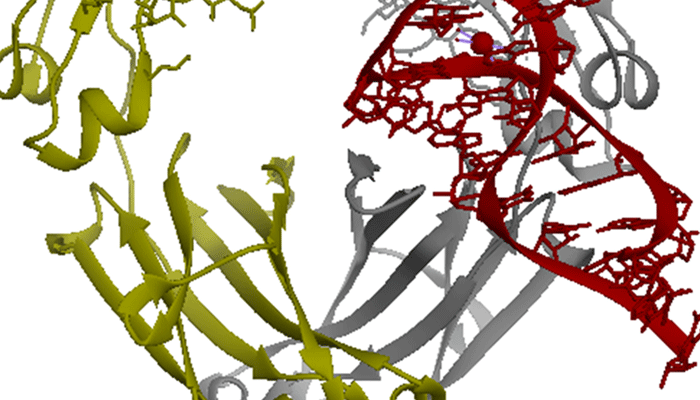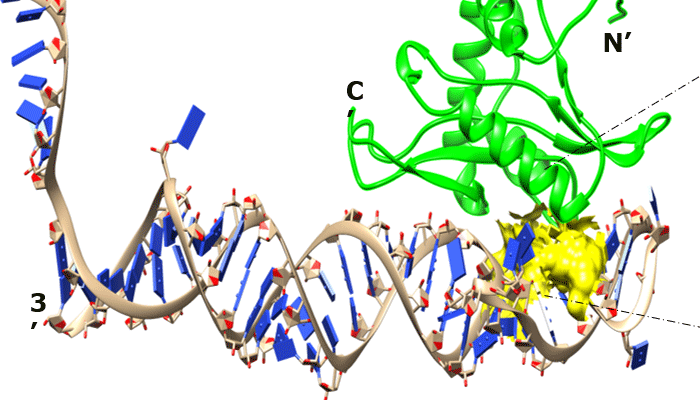
MINI-REVIEW
![]()
ISSN: 2514-3247
Aptamers (2017), Vol 1, 13-18
Published online: 11 Nov 2017
Full Text (PDF~990kb) | (PubMed Central Record HTML) | (PubMed) | (References)
Taiichi Sakamoto
Department of Life Science, Faculty of Advanced Engineering, Chiba Institute of Technology, 2-17-1 Tsudanuma, Narashino-shi, Chiba 275-0016, Japan
* Correspondence to: Taiichi Sakamoto, Email: taiichi.sakamoto@p.chibakoudai.jp
Received: 18 October 2017 | Revised: 11 November 2017 | Accepted: 11 November 2017
© Copyright The Author(s). This is an open access article, published under the terms of the Creative Commons Attribution Non-Commercial License (http://creativecommons.org/licenses/by-nc/4.0). This license permits non-commercial use, distribution and reproduction of this article, provided the original work is appropriately acknowledged, with correct citation details.
ABSTRACT
Nuclear magnetic resonance spectroscopy is a powerful technique that helps to determine the structures of biomolecules. Since the 1980s when nuclear magnetic resonance began to be applied in the determination of nucleic acid structures, it has been used to study aptamer structures and aptamer–target interactions. Nuclear magnetic resonance spectroscopy has revealed that aptamers adopt characteristic conformations and bind specifically to their targets. It is not easy to determine the structure of aptamers by nuclear magnetic resonance, especially in the case of aptamer–large target molecule complexes. However, nuclear magnetic resonance provides useful information about aptamers, even when their structure cannot be determined. This review includes the studies in which nuclear magnetic resonance spectroscopy was employed recently to analyse aptamers in several ways in addition to analysing them for structure determination.
KEYWORDS: Nuclear magnetic resonance, aptamer, tertiary structure, interaction, secondary structure


